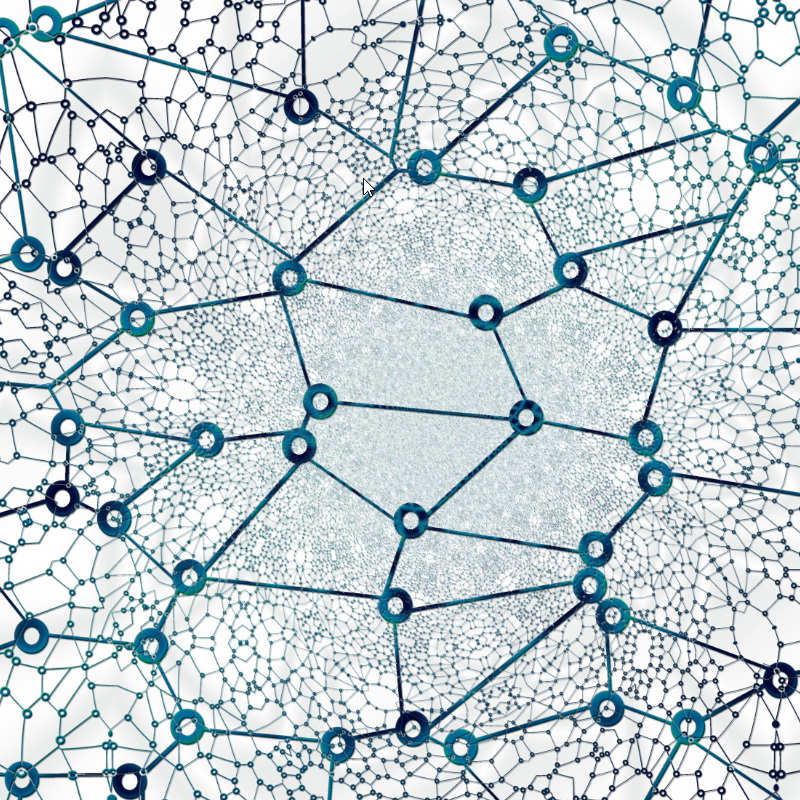The group brings together researchers in telecommunications, networking, public policy, security and application design.

Network Protocols
Border Gateway Protocol, network edge protocols, focussing on techniques that include resource allocation and network slicing.
Network protocols facilitate message passing between one or more devices using simple, reliable and secure standards and policies.
Research into new, innovative and evolved network protocols is being carried out to support next generation systems including 6G, super fast broadband, multi-access edge computing, IoT and vehicular networking.
The research group has identified improvements to the Border Gateway Protocol through its integration with Software Defined Networking. This ground breaking work aims to reduce the convergence time and to improve the programmatic adaptability of this legacy protocol.
Current research includes an investigation of handover for multi-access edge computing at the network edge. This exciting work aims to support edge devices and to overcome vehicular networking challenges.

Design and Performance
Network design techniques and performance measures, focussing on a new platform for network design and real-time performance monitoring and measurement.
The Internet is complex and evolving and this means that new approaches and systems are needed to support the design and to improve network performance.
Research and development work is being carried out to build a new and innovative online network design platform that will support all major transmission technologies, protocols and topologies. This leading edge research aims to improve our understanding of the Internet and how its architecture will evolve. The platform aims to provide a testbed for new and evolved protocols.
Research is being carried out into network latency, bottlenecks, technologies and systems to better understand network performance and to provide new ways to measure network performance.

Security
Security at the network edge including multi-access edge computing, vehicular networking, handover techniques, infrastructure security.
The Group is carrying out research into infrastructure security, security at the network edge and new techniques to improve the security of multi-access edge computing.
Security mechanisms including blockchain and PKI and new techniques are being investigated for use to secure the devices and systems connected to the Internet.
A zero-trust framework for multi-access edge computing is being developed that aims to improve security for distributed computing environments. Security at the network edge is challenging as the number of threat vectors is large. Providing a secure environment with minimal hardware and systems is a current challenge.
Telecommunications infrastructure security is a fundamental problem with several factors including legacy equipment, the need for security patches, new cyber-threats, the use of open source software, programming languages and security design.

Telecommunications Policy
Active participation in the public policy debate about legislation and regulation for the telecommunications market.
Telecommunication is an essential service that underpins education, health and our daily lives. For business, telecommunication is a critical service that connects organisations to online markets and customers right across the world.
Our research aims to provide evidence to support policy and regulation outcomes that improve digital inclusion, consumers, business and regional and remote areas.
In 2022, a regional mobile performance study was carried out that provided evidence for the first time of mobile performance in towns and regions in four states, including eight towns with a high first nations population and the mid-west region of Western Australia. This study was ground breaking and the data has shown the extent of the digital divide that still exists in Australia.
Associate Professor Mark Gregory is Australia’s leading academic researcher into the Australian telecommunications market. Over the past decade, Dr Gregory has made many submissions to government and ACCC inquiries related to telecommunications policy and regulation.
There are no grant funding opportunities for research into telecommunications policy and regulation, so your donation to support this vital research is encouraged.